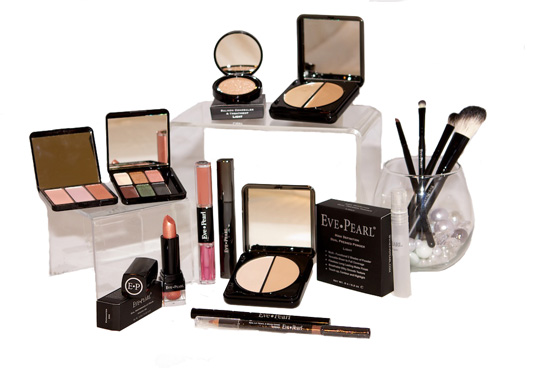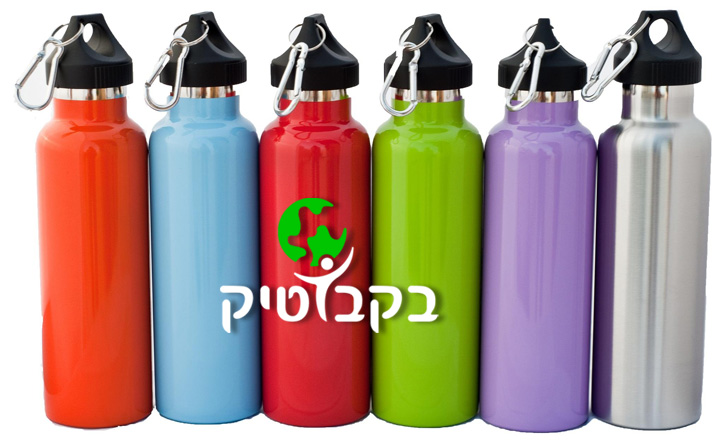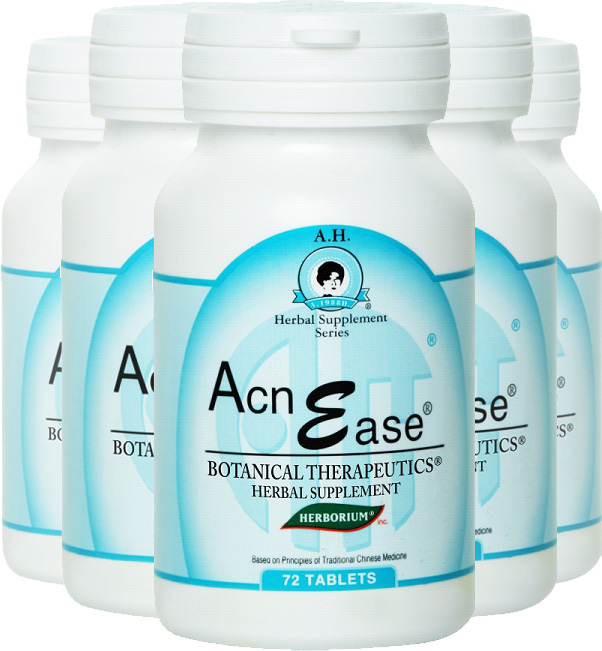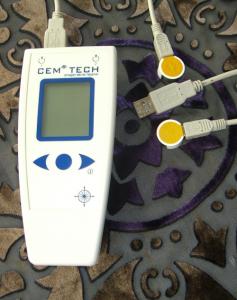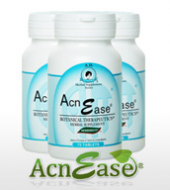Looking for Safe Cosmetics
Some of
these ingredients have even been shown in research to disrupt hormonal levels
in the body, which is of great concern to young teenage women, menopausal women
and anyone who is having trouble with sensitive skin. Moreover, toxic chemicals exist in the
cleaning products we use, and are even added to our clothing, rugs, furniture,
building materials and so for.
Most beauty
products on the market today may also contain artificial fragrances which are among
the top allergens in the world. The good news is it’s easy to keep your
medicine cabinet, bathroom products and makeup safe. And by making smart
choices, you can also change an industry.
Trying to
avoid cosmetic containing toxic ingredients can be nearly impossible to
do. The Breast Cancer Fund in coalition with
the Campaign for Safe Cosmetics is pressing the government to require that
ingredients in cosmetics are safe before they hit the shelves. In the meantime,
they recommend using fewer products with simpler ingredients.
Shoppers are
advised to take a precaution when purchasing beauty products by reading the
ingredients embossed on the labels. Be skeptical of claims like
"dermatologist-tested," "natural" or "organic."
Visit the “Campaign for Safe Cosmetics” website to look up the safety of products
you use, find safer alternatives and take action to demand safer products!
You should avoid cosmetics with the following ingredients:
- Fragrance–not just perfume, but fragrance in lotions, shampoos, etc. (allergies, cancer)
- DMDM hydantoin and Imidazolidinyl urea (toxic contaminants)
- Parabens or “-paraben” (hormone disruption, linked to cancer)
- “PEG” and “-eth” (these ingredients can come with hidden toxic contaminants)
- Triclosan and triclocarban (thyroid, reproductive and environmental concerns)
- Triethanolamine (TEA) (allergies, toxic contaminants)
- Hydroquinone (cancer, reproductive toxicity, allergies)
- Oxybenzone (allergies, developmental toxicity, hormone disruption)
Beauty products you should avoid, especially if you have sensitive skin:
- Anti-aging creams with lactic, glycolic, AHA and BHA acids
- Hair dyes, especially dark permanent dyes
- Liquid hand soaps with tricolsan/triclocarban
- Nail polish and removers with formaldehyde, DBP or toluene
- Skin lighteners with hydroquinone
- Heavily scented products


